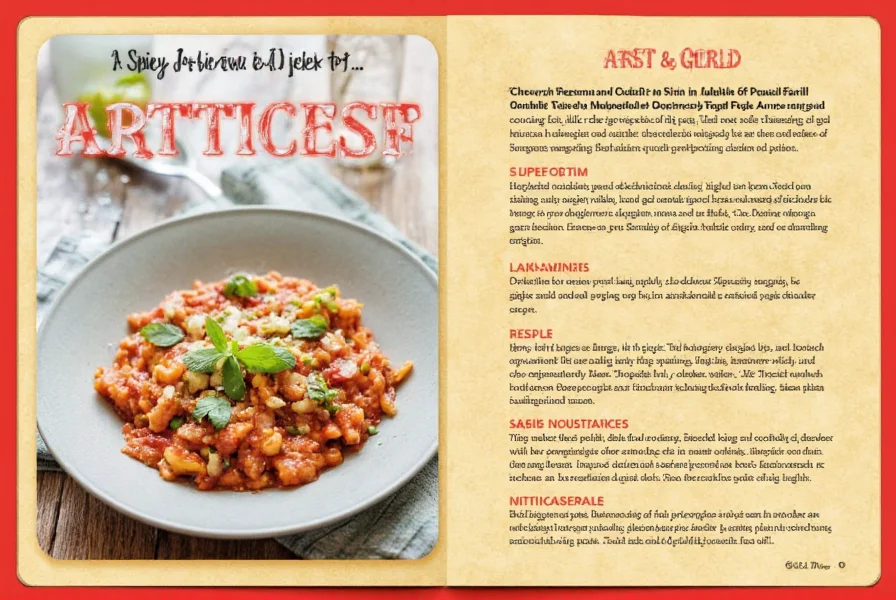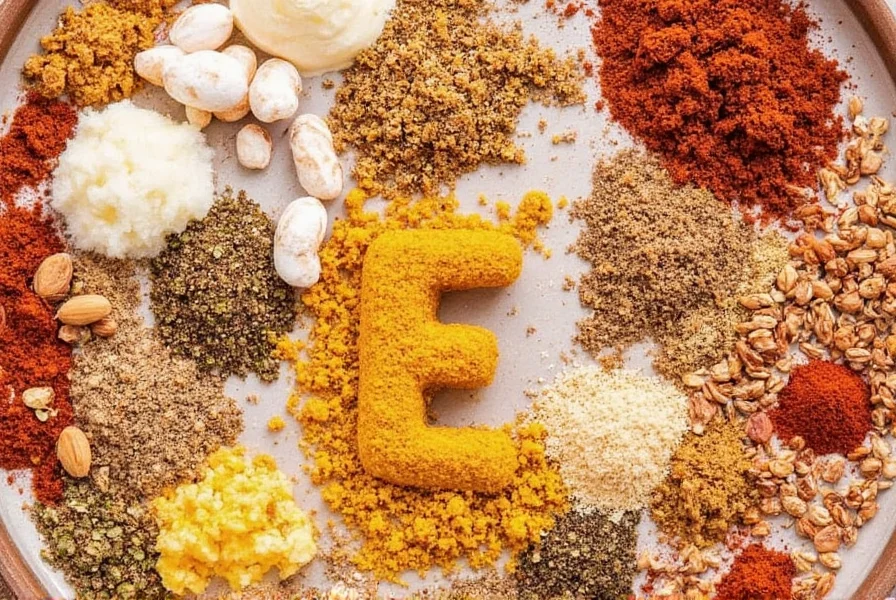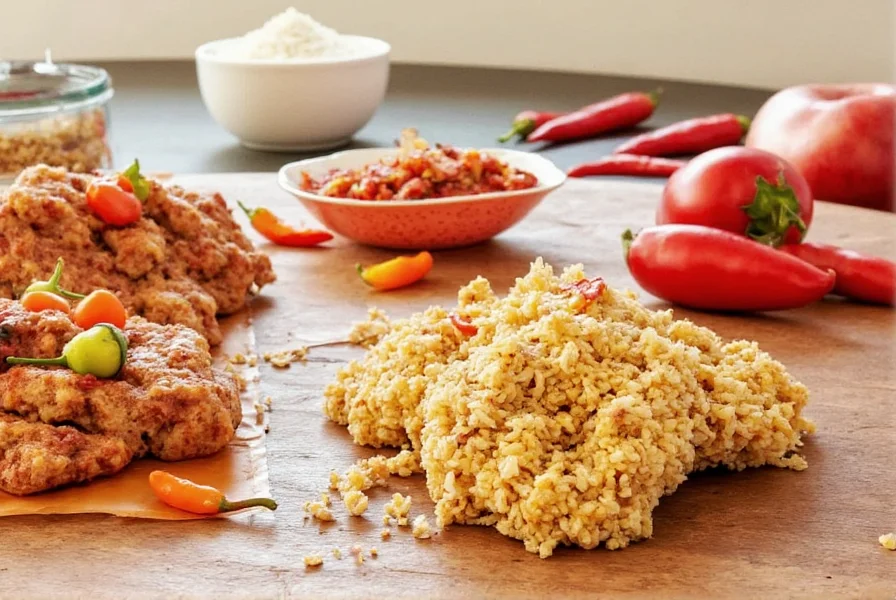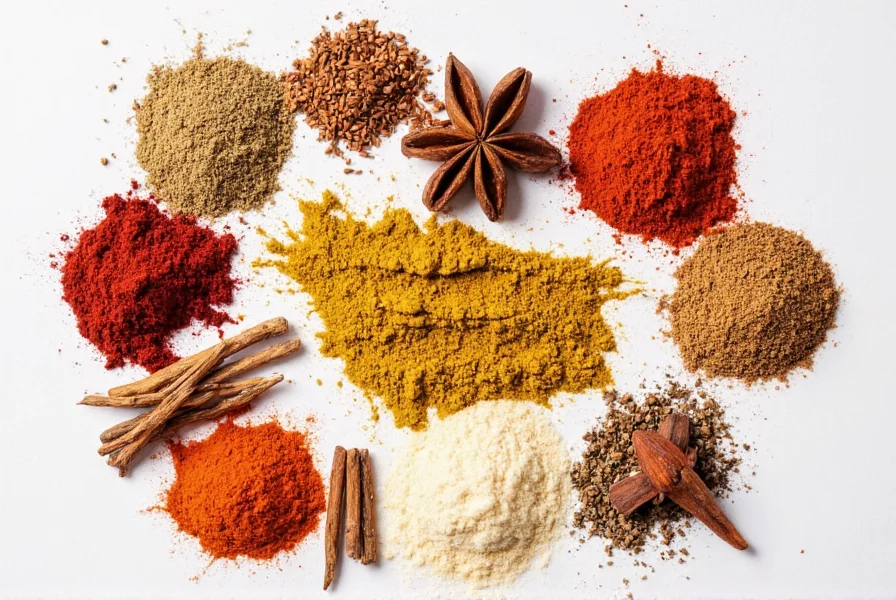Comparison Table: Top 'E' Spices at a Glance
| Spice | Origin | Flavor Profile | Main Use | Health Perks |
|---|---|---|---|---|
| Epazote | Mexico/Central America | Pungent, citrusy, medicinal | Bean dishes, soups | Anti-inflammatory, digestive aid |
| Elaichi (Green Cardamom) | India/Sri Lanka | Sweet, floral, aromatic | Desserts, chai, curries | Antioxidant-rich, breath freshener |
| Erva Mate | South America | Grassy, earthy, slightly bitter | Tea blends, energy drinks | Stimulant, metabolism booster |
| English Mustard | United Kingdom | Hot, sharp, pungent | Condiment, sauces | Detoxifying, anti-cancer properties |
| Estragon (Tarragon) | France/Europe | Anise-like, sweet, herbal | Sauces, fish, salads | Antimicrobial, mood booster |

What Are the Most Common Spices Starting With 'E'?
When searching for spices beginning with the letter 'E', you'll find several key options that are widely used in global cuisines. These include Epazote, Green Cardamom (Elaichi), Erva Mate, English Mustard, and Tarragon (Estragon). Each offers unique flavors and culinary applications that can elevate your cooking.
Epazote: The Bean Whisperer
Known in Latin America as the secret weapon against bean-induced discomfort, Epazote is an herb with a strong, almost medicinal aroma. It's commonly used in black bean soups, refried beans, and mole sauces.
- Pro Tip: Add just a few sprigs during cooking—it's potent!
- Use in small amounts to avoid overpowering other flavors.

Green Cardamom: The Queen of Spices
Often referred to as the "queen of spices," green cardamom brings a sweet, floral warmth to both savory and sweet dishes. It's essential in Indian masalas, Middle Eastern desserts, and even Scandinavian baking.
- Crush the pods to release the seeds before using.
- Add to rice dishes, chai tea, or baked goods for a luxurious touch.
Tarragon: Herb of Subtle Sophistication
Tarragon is more herb than spice, but it earns its place here due to its distinct licorice-like flavor and widespread use in French cuisine. Great in creamy sauces like Béarnaise or with roasted chicken.
- Use fresh or dried depending on the recipe.
- Pair with eggs, seafood, or mild cheeses.

English Mustard: Sharp & Unapologetic
While American mustard gets all the sandwich glory, English mustard is spicier and more refined. Known for its fiery heat and bold yellow color, it's perfect for pairing with roast beef, sausages, or cheese.
- Mix with honey or horseradish for a gourmet dip.
- Make your own paste by mixing powder with cold water.

Erva Mate: The Energizing Leaf
Technically a leaf rather than a spice, erva mate is brewed as a traditional South American tea known for its energizing properties. Often sipped from a gourd with a metal straw, it's gaining popularity worldwide for its rich flavor and stimulating effects.
- Great base for smoothies or cold brews.
- Rich in antioxidants and caffeine alternative.
Buying Guide: How to Choose the Best 'E' Spices
When shopping for spices starting with 'E', look beyond the label. Here's how to choose the best quality products:
What to Look For:
- Freshness: Check for vibrant color and strong aroma. If the spice smells musty or flat, it's past its prime.
- Form: Whole vs. ground – whole spices like cardamom pods last longer and can be ground fresh.
- Origin: Spices like Elaichi should ideally come from India or Sri Lanka for authentic flavor.
- Packaging: Dark glass jars or sealed pouches protect light-sensitive spices like tarragon and epazote.
Top Picks for Each Spice:
| Spice | Recommended Brand | Features | Best For |
|---|---|---|---|
| Epazote | Frontier Co-op Organic Epazote | Organic, sustainably sourced, strong aroma | Bean lovers, Mexican cuisine enthusiasts |
| Green Cardamom | Nature's Way Cardamom Pods | Whole pods, high oil content, intense aroma | Baking, chai, Indian dishes |
| English Mustard | Colman's Original English Mustard | Iconic brand, strong flavor, natural ingredients | Roasts, cheese boards, gourmet condiments |
| Tarragon | McCormick Tarragon Leaves | Fresh green color, robust flavor | Sauces, dressings, grilled fish |
| Erva Mate | Guayaki Traditional Yerba Mate | Organic, sustainably harvested, clean taste | Energy boosters, wellness-focused lifestyles |
Cooking Tips: How to Use 'E' Spices Like a Pro
- Epazote: Add early in cooking for beans, or late for fresh soups.
- Cardamom: Toast whole pods before grinding for extra depth.
- Tarragon: Add at the end of cooking to preserve delicate flavor.
- English Mustard: Let sit for 5–10 minutes after mixing for maximum heat.
- Erva Mate: Brew like tea or blend into smoothies for a morning kick.
Frequently Asked Questions About E Spices
Got questions about spices starting with the letter 'E'? We've got answers to the most common queries from home cooks and spice enthusiasts.
What are the most common spices that start with E?
While not as numerous as spices starting with other letters, the main 'E' spices include Epazote, Elaichi (Cardamom), Estragon (Tarragon), English Mustard, and Erva Mate. These represent the most widely used spices beginning with 'E' across global cuisines.
Are there any health benefits to E spices?
Absolutely! Each 'E' spice offers unique health advantages. Epazote aids digestion and reduces gas from beans, Cardamom is packed with antioxidants and improves breath, Tarragon has antimicrobial properties, English Mustard contains compounds with potential anti-cancer properties, and Erva Mate is rich in antioxidants and provides sustained energy.
Where can I buy these spices starting with E?
Most well-stocked grocery stores carry Cardamom and Tarragon. Epazote might require a Latin American market or specialty store. English Mustard is available in most supermarkets, while Erva Mate is increasingly found in health food stores and online retailers. For the best quality, consider purchasing from specialty spice shops or directly from producers online.
How should I store E spices to keep them fresh?
Store all spices in airtight containers away from light, heat, and moisture. Whole spices like Cardamom pods last longer (up to 2-3 years) than ground versions (6 months to 1 year). Epazote and Tarragon are best stored in the refrigerator if fresh, or in dark glass jars if dried. English Mustard powder should be kept in a cool, dry place, while prepared mustard needs refrigeration after opening.
Which E spice is best for beginners to try?
Green Cardamom is probably the most approachable 'E' spice for beginners. Its sweet, floral notes work well in both sweet and savory dishes, from morning coffee to curries. Tarragon is another great starting point, with its subtle anise flavor enhancing many European dishes without overwhelming other ingredients.
Can I grow any of these E spices at home?
Yes! Tarragon grows well in home gardens or containers. Cardamom can be grown indoors in cooler climates but requires tropical conditions to thrive. Epazote is relatively easy to grow from seed and does well in warm climates. Erva Mate requires specific growing conditions and is more challenging for home cultivation.
Conclusion: Elevate Every Dish with 'E' Spices
Don't let the humble letter 'E' fool you — these spices bring serious flavor and function to any kitchen. Whether you're simmering up a pot of black beans with epazote, spicing up your morning latte with cardamom, or zinging your sandwiches with English mustard, 'E' spices deserve their moment in the spotlight.
Now that you know what each one does and how to buy the best versions, it's time to experiment! Sprinkle some 'E' magic into your next dish and watch your flavor game level up.










 浙公网安备
33010002000092号
浙公网安备
33010002000092号 浙B2-20120091-4
浙B2-20120091-4